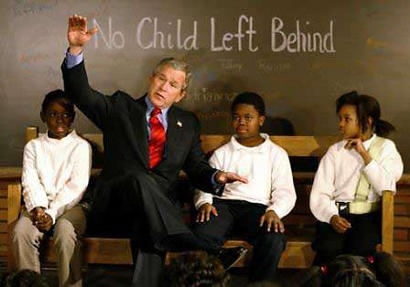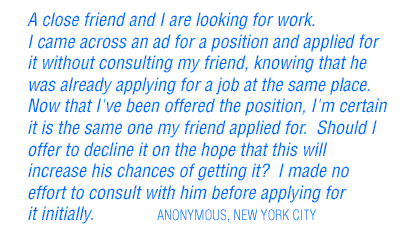Two Blowhards has a very interesting post up about the differences between book people and movie people. The book world’s inability to appreciate or understand the craftsmanship of writing a popular novel is what continues to keep John P. Marquand’s name (for one) from being celebrated as a great writer. As I’ve said more than once, Marquand, winner of the Pulitzer in 1937, is , for the most part, out-of-print today. His books, which offered a grand mix of satire and entertainment, were extremely popular during his time and still hold up well today in their careful observations of middle-class life.
But because Marquand could not find universal acceptance among critics who were quick to condemn him because he was a solid storyteller, because he dared to put his name on the popular Mr. Moto books rather than hide behind a Starkian non de plume, if you find his paperbacks at all, you’ll find them housed within trashy covers that make Marquand come off as a sensationalist (“One woman’s climb to the top!”), which undervalue his abilities as a stylist or a satirist. Or you’ll find the covers for the later books, which desperately try to plug Marquand as the greatest American novelist since Sinclair Lewis. And who wants to fall prey to that kind of marketing? For later generations who know nothing of Marquand, this paperback cover Lamarckism has pretty much killed Marquand’s shot at surviving the fray or being remembered. It was only the Pulitzer and the resultant curiosity about The Late George Apley‘s narrative structure that drew me to the book and allowed me to discover him. Otherwise, I might never have heard of the guy. And yet how often are we attracted to a ribald movie poster or a DVD cover that isn’t too far removed from Harlequin romances?
How many of us are willing to enjoy a well-made monster movie like The Thing from Another World or even a not-so-well-made monster movie like The Blob? We have no problem intellectualizing Terminator 3: Rise of the Machines or even the three Matrices, which are, let’s face it, enjoyable crap. But confess that you like even a handful of Stephen Kings (full confession: I like King) or that you liked Elmore Leonard’s novels more than Salman Rushdie’s post-Satanic Verses work to a roomful of literary snobs and you’ll either be led to the door or dismissed as a hopeless case. John Updike declared Tom Wolfe’s A Man in Full as “entertainment, not literature.” But as far as I’m concerned, A Man in Full or Bonfire of the Vanities are gripping reads laced with honed prose and careful observations. I would kill to have had the skills to write either of these. But I have known intelligent people to put these labels aside and enjoy half-baked crap like Zoolander or the last two Austin Powers movies.
Where Howard Hawks can be extolled beyond measure as a consummate artist of grand entertainment, years after Rio Bravo was panned on its release, by the same measure, Marquand still falls by the wayside in the book world. While the auteur theory can be applied across the board to an artist like Stanley Kubrick and an entertainment-oriented director like Michael Curtiz, in the medium guided more explicitly by “one voice,” the auteur is doomed upon even a casual embrace of the page-turner.




